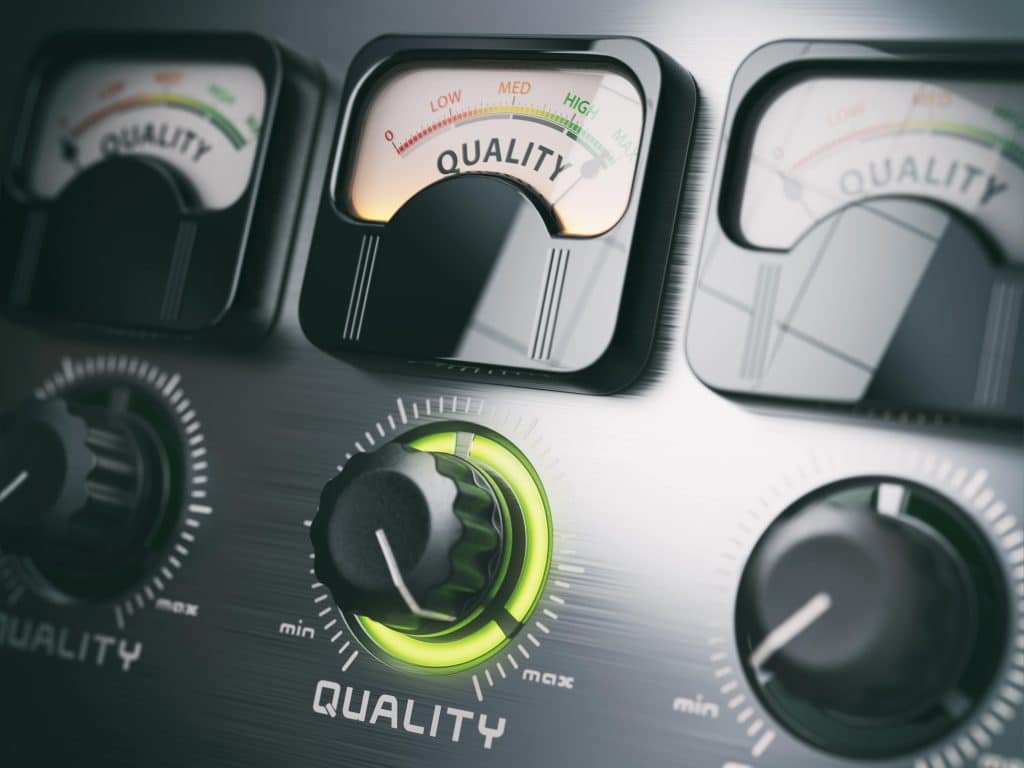A culture of quality refers to an organizational environment where everyone is committed to meeting or exceeding customer expectations and continuously improving the quality of products or services. It is a mindset and a set of behaviors that prioritize quality in every aspect of an organization’s operations.
Quality managers play a crucial role in building a culture of quality within an organization. A culture of quality is one where everyone within the organization is committed to ensuring that products and services meet or exceed customer expectations.
Here are some ways quality managers can build a culture of quality:
- Communicate the importance of quality: Quality managers should communicate the importance of quality to all employees. This can be done through regular training, newsletters, and other communication channels.
- Lead by example: Quality managers should lead by example and demonstrate a commitment to quality. This can be done by ensuring that quality standards are met and by taking corrective action when quality issues arise.
- Involve employees: Quality managers should involve employees in the quality management process. This can be done by soliciting feedback, providing training, and encouraging employee participation in quality improvement initiatives.
- Implement quality systems: Quality managers should implement quality systems that support a culture of quality. This can be done by implementing ISO 9001, Six Sigma, or other quality management systems.
- Monitor and measure quality: Quality managers should monitor and measure quality to ensure that quality standards are being met. This can be done through regular audits, inspections, and customer feedback.
- Recognize and reward quality: Quality managers should recognize and reward employees who contribute to a culture of quality. This can be done through employee recognition programs, bonuses, and other incentives.
By following these steps, quality managers can build a culture of quality within their organization. This can lead to improved customer satisfaction, increased productivity, and a competitive advantage in the marketplace.
In a culture of quality, quality is not just the responsibility of the quality department or a few individuals, but rather the responsibility of every employee within the organization. A culture of quality requires a long-term commitment and ongoing effort to maintain, but it can lead to improved customer satisfaction, increased efficiency, and a competitive advantage in the marketplace.
It is important for quality managers to build a culture of quality within an organization. A culture of quality:
- Ensures that products and services meet or exceed customer expectations. This can lead to increased customer satisfaction and loyalty.
- Encourages employees to focus on continuous improvement and finding ways to work more efficiently. This can lead to increased productivity and reduced waste.
- Help reduce costs by identifying and eliminating waste, improving processes, and preventing defects.
- Provide a competitive advantage by differentiating an organization from its competitors and improving its reputation.
- Ensure that an organization complies with regulatory requirements and standards.
- Improve employee engagement by providing employees with a sense of purpose and pride in their work.
- Help manage risks by identifying and addressing quality issues before they become larger problems.
Conclusion
Building a culture of quality is essential for organizations to meet customer expectations, improve efficiency and productivity, reduce costs, gain a competitive advantage, comply with regulations, engage employees, and manage risks. Quality managers play a crucial role in building and maintaining this culture within an organization.

